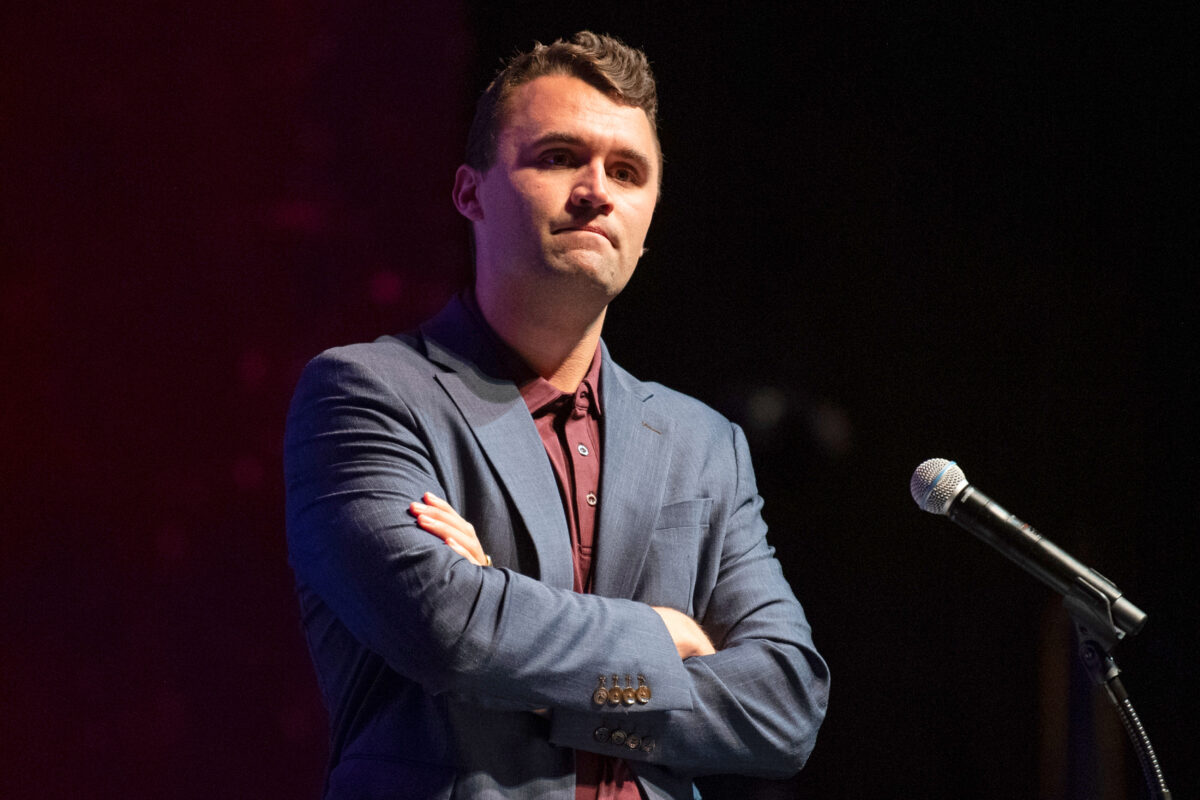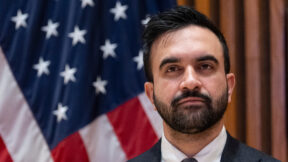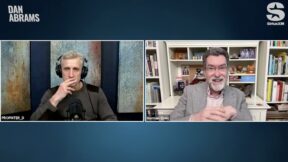Charlie Kirk’s Final Act: Making Even His Legacy a Debate

Meredith Seaver/College Station Eagle via AP
The assassination of Charlie Kirk has unleashed what you’d expect: hagiography from the right, schadenfreude from the far left, and a commentariat caught in the middle, trying to find the right register between elegy and autopsy. But maybe that paralysis is the real story.
Kirk’s greatest insight wasn’t ideological but theatrical. He understood before most — perhaps before almost anyone not named Donald Trump — that politics wasn’t a battle of ideas so much as a battle of content. Kirk won that battle by neatly packaging that content for a younger generation.
A heckler at one of Kirk’s on campus forums wasn’t a nuisance but a supporting actor. A hostile environment was a feature, not a bug. All that mattered was the clip: the viral exchange, the “gotcha” moment polished for Instagram, TikTok, and YouTube. He didn’t just fight the culture wars—he programmed them for syndication.
His savvy understanding of the kayfabeification of politics helped reshape the Republican Party and gave President Donald Trump a pipeline to a too online youth vote. But the cost was high. Every debate became a dunk contest, every opponent a villain, every disagreement a blood feud. Outrage wasn’t collateral damage; it was the business model.
Now comes the hard part: how do you remember a man who helped engineer a media ecosystem where even remembering him becomes an act of division? Praise him and you sound like you’re burnishing the halo. Criticize him and you risk looking like you’re dancing on a grave. Even polite silence gets read as a statement. Kirk’s genius was that he left no place for neutrality. His legacy is power, influence, and a lucrative business model, but also bitter divisions he left in his wake.
By most accounts, to his friends, he was remarkably kind and warm, which is readily apparent in the moving tributes from his fellow conservative thought leaders. To his adversaries, he seemed corrosive and cruel. Both things can be true. But what’s undeniable is that he helped build a political structure that made nuance impossible, where every word can and will be weaponized—even these words here.
That’s why so many tributes read like they’re written with one eye on the comments section—because they are. The man who turned debate into content has, in death, turned elegy into content too.
The legacy, then, isn’t just a movement or a voting bloc, but a media environment that rewards anger, punishes restraint, and ensures that the last word is always a fight.
Even now, we’re still playing on his stage, which is a well-earned, but complicated, and nuanced legacy.
This is an opinion piece. The views expressed in this article are those of just the author.





Comments
↓ Scroll down for comments ↓